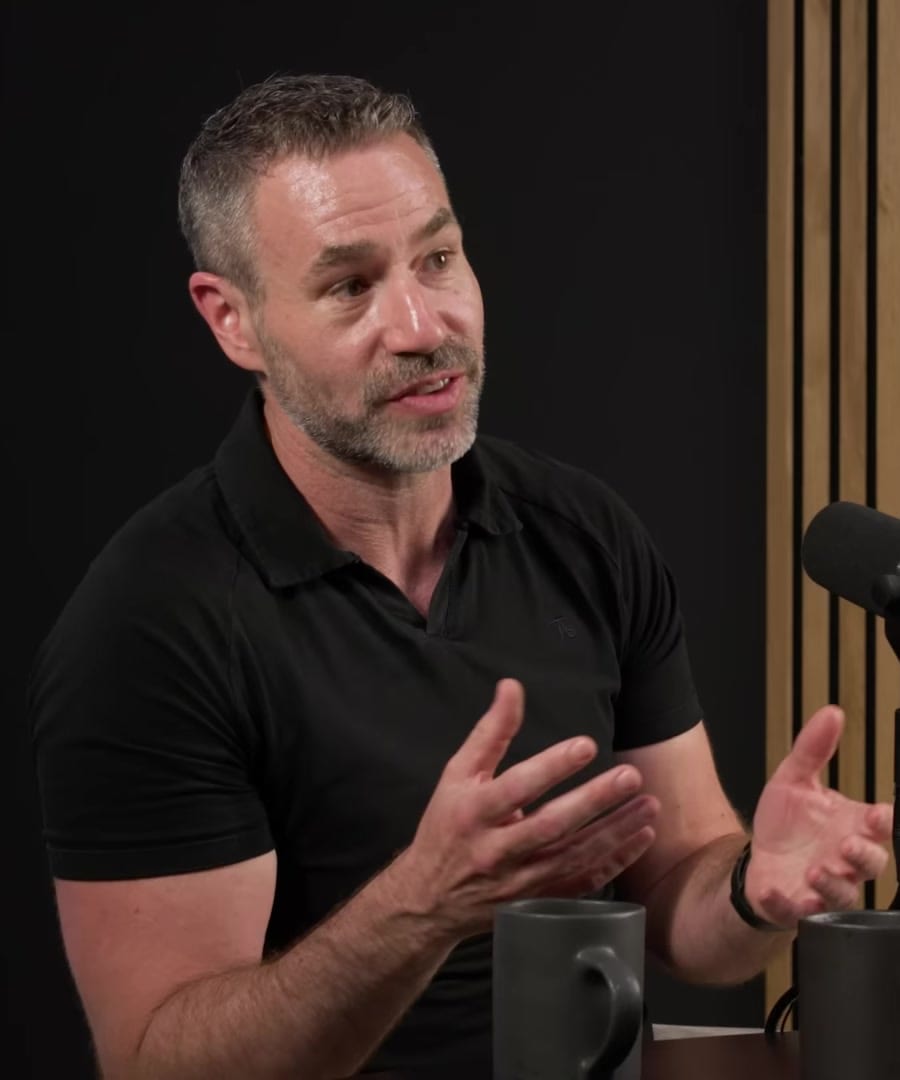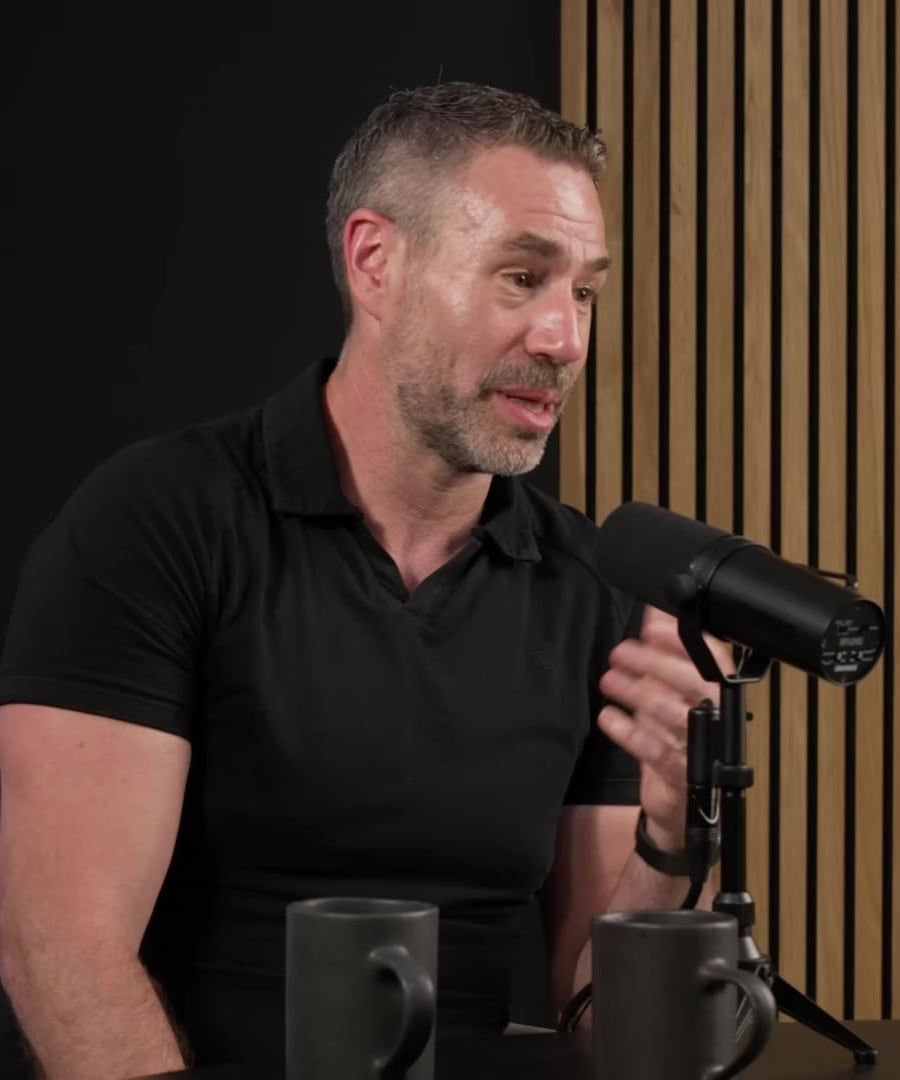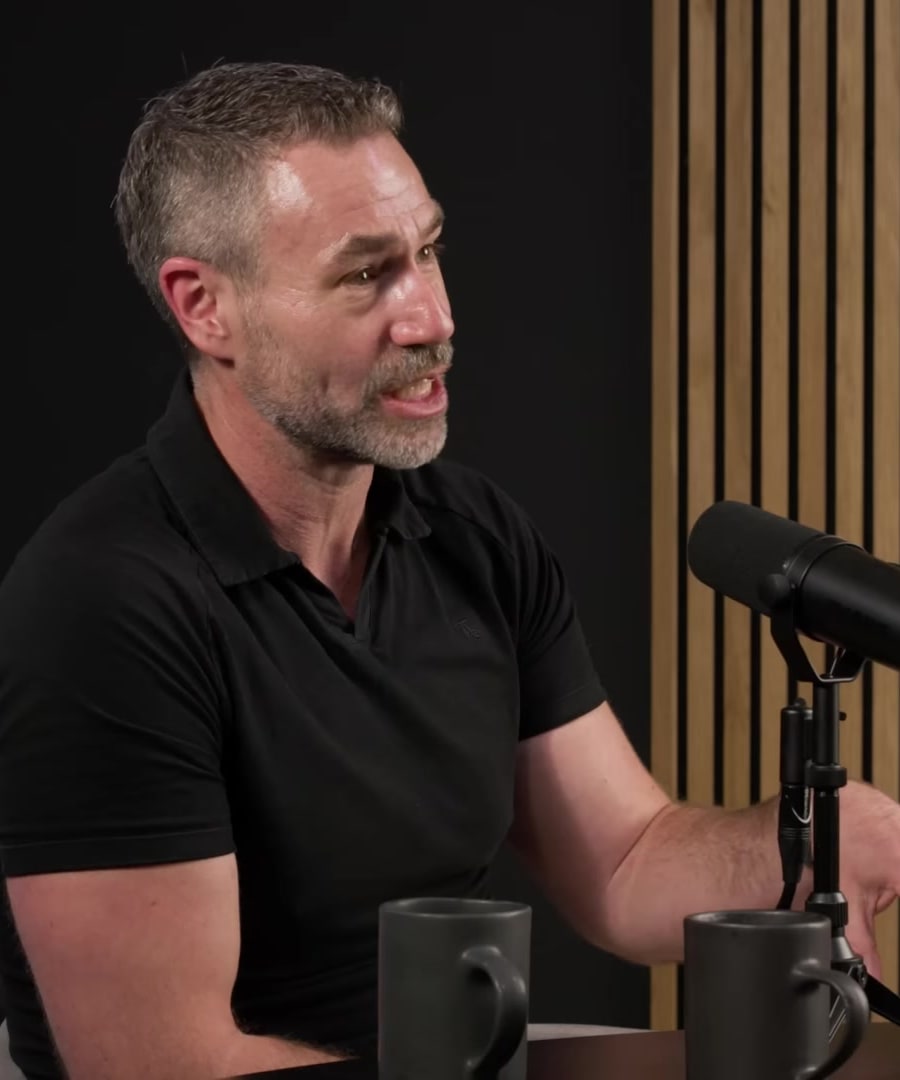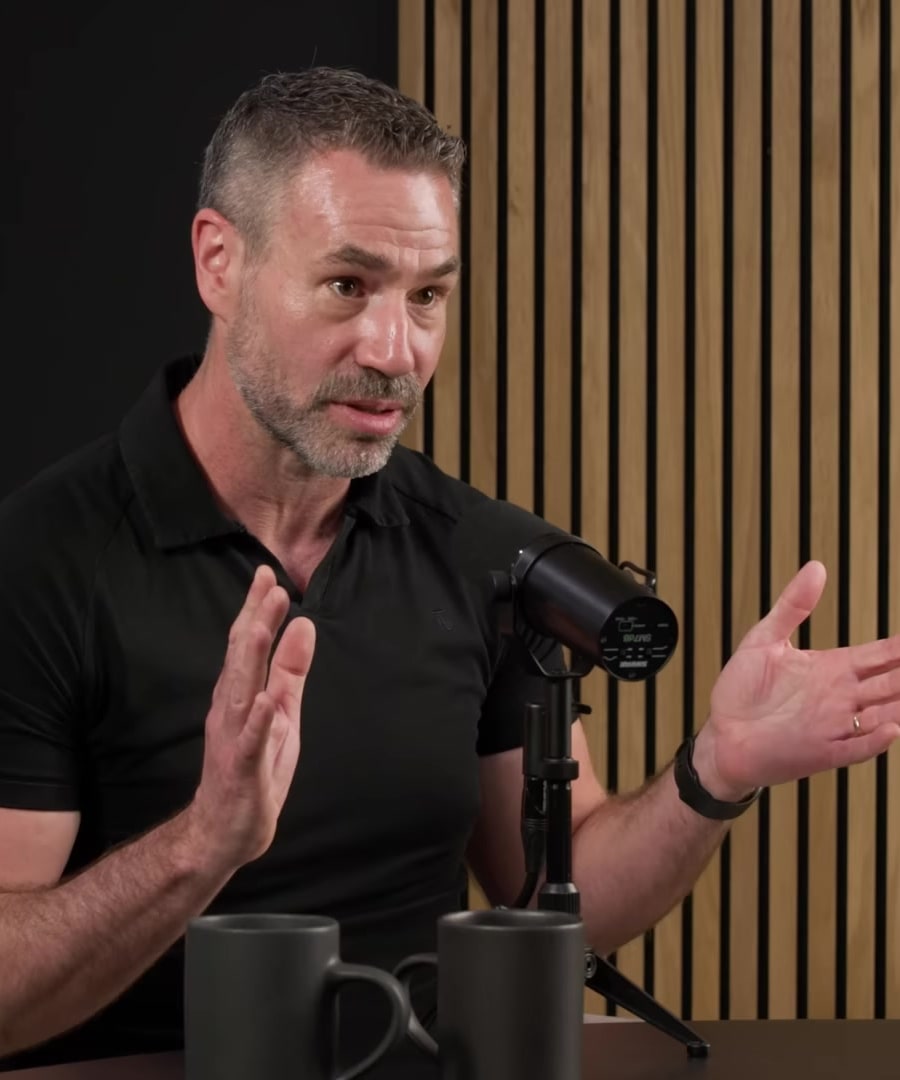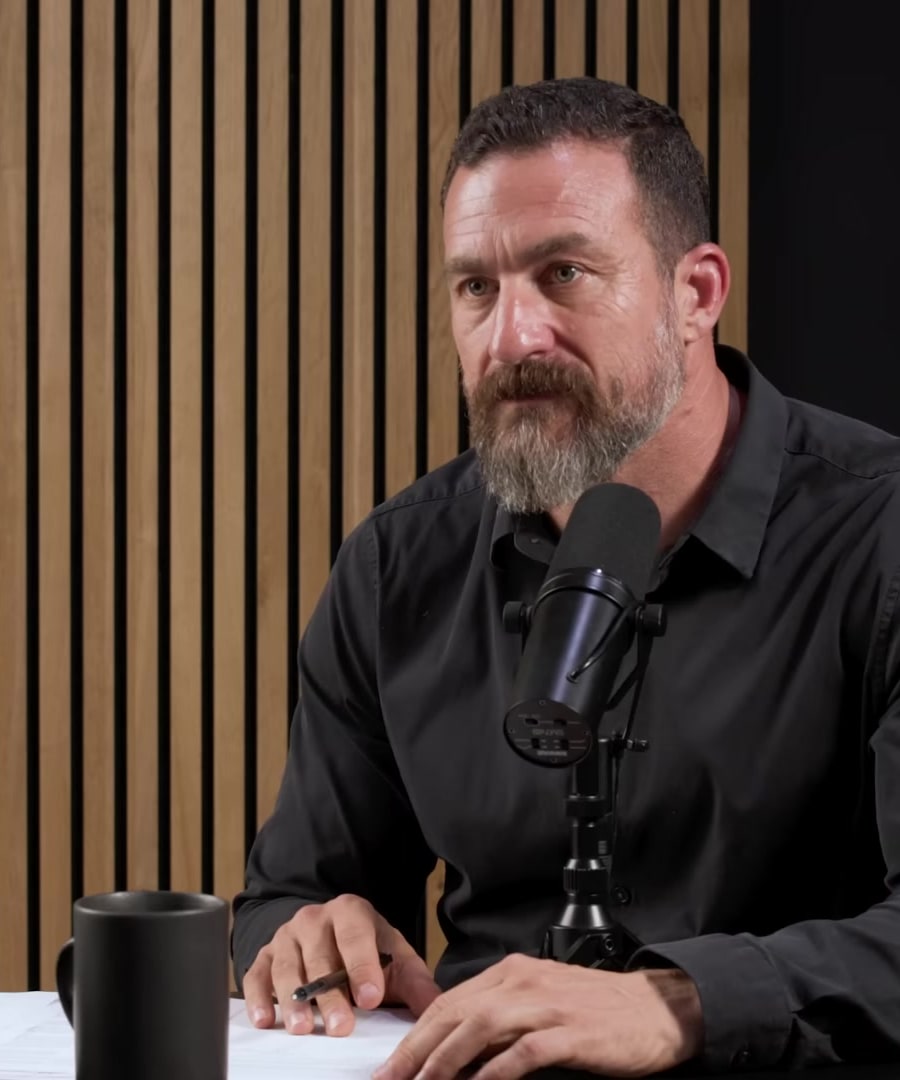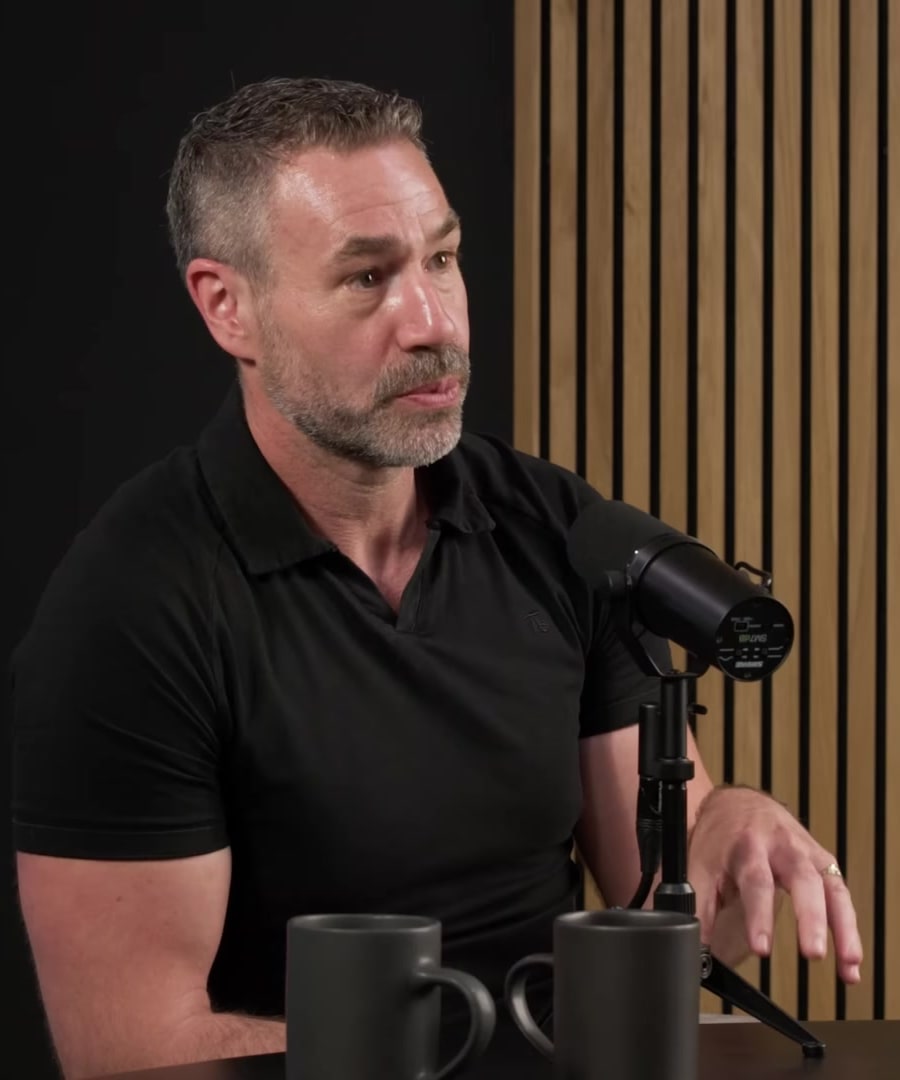Summarize episode Dr. Matthew Hill: How Cannabis Impacts Health & the Potential Risks
Sources:
In the episode , Dr. Matthew Hill discusses various aspects of cannabis use, its impacts, and potential risks, guided by .
Key topics include:
-
Potential Health Risks:
- Psychosis and Schizophrenia: There is concern about the link between cannabis use and schizophrenia or bipolar disorder and possible cardiovascular effects. Long-term studies suggest some risks, especially with smoking and high THC levels 1 2.
- Cardiovascular Effects: Cannabis can cause vasodilation, leading to potential heart issues. Combustion products from smoking cannabis may exacerbate vascular damage, similar to smoking tobacco 1.
- Cyclic Vomiting Syndrome: Heavy cannabis users may develop this syndrome, characterized by intractable vomiting alleviated by hot showers 2.
-
Medical Benefits:
- Appetite Stimulation and Anxiety Relief: While some use cannabis to stimulate appetite or alleviate anxiety, the proper dosing and individual reactions are critical. It is often compared to a mild sedative like wine 3.
- Glaucoma and Chronic Pain: Cannabis can lower eye pressure in glaucoma patients and offer pain relief, though definitive studies are still lacking 3.
-
Misconceptions and Balanced Views:
- Misconceptions About Safety: Legal status does not equate to safety; the episode stresses the importance of understanding cannabis's risks despite its legal status in several regions 4.
- Placebo Effect: Some benefits attributed to cannabis might be due to placebo effects rather than the substance itself 5.
-
Cannabis Education:
- Need for Proper Education: There is a lack of standardized education for cannabis sellers. Many consumers rely on sellers who might not have formal training, underscoring the need for informed, science-based education 6.
This episode provides a comprehensive overview of both the advantages and significant risks associated with cannabis use, advocating for more informed consumption and better education on the subject.
RELATED QUESTIONS-
Summarize episode Dr. Matthew Hill: How Cannabis Impacts Health & the Potential Risks
- RELATED QUESTIONS
